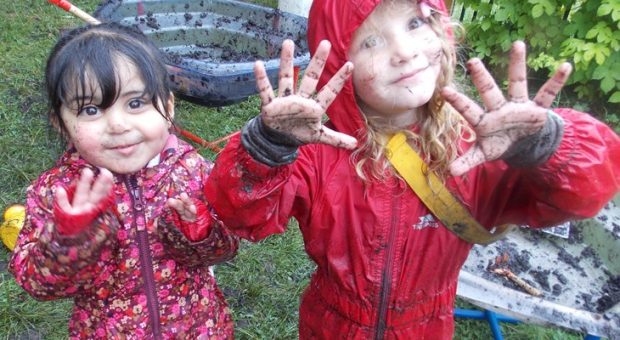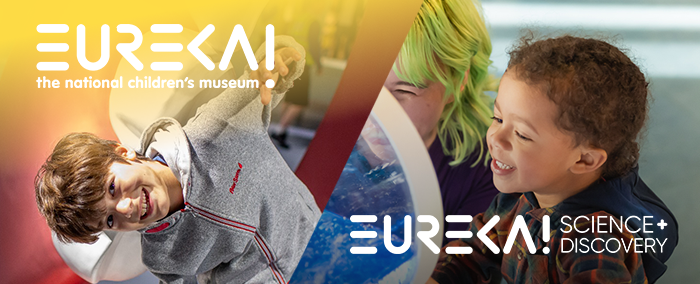In layman’s terms, coding is a series of written instructions that you give to your computer, telling it what you want it to do. Most of us tell our computers (or smartphones, TVs etc) what to do via apps or programmes, but in each of those cases that app or programme is actually a set of instructions that someone else has written to make it easier for us to get our computer to do what we want. With me so far?
The act of coding is sitting down and writing or building those instructions, step by step. In practice, this could be getting our computers to do something as basic as making a small light blink or playing a simple game, or do something as complex as controlling traffic light systems and spacecraft!
One of the things that has really pushed the computing frontier forward in recent years has been the introduction of the Raspberry Pi. It’s not an actual pie but a tiny computer – about the size of a credit card – designed and made in the UK and that costs only about £30. Given its tiny dimensions there isn’t much room for a screen, mouse or keyboard so you’d need to add those, but its simplicity and affordability has made computing more accessible and helped get young people in particular interested in creating their own code.
You’ll hear talk of coding “languages” which can sound quite intimidating but really needn’t be. Two of the coding languages commonly used with Raspberry Pi are called “Scratch” and “Python”. Scratch in particular is a great introduction to coding as it’s designed for children and involves moving blocks around and fitting them together like jigsaw pieces. You can use this to create games and puzzles on the screen, and if you’re using a Raspberry Pi you can use it to control things in the real world like a light or motor. As you get more confident at coding with Scratch you can move onto more advanced coding languages, like Python.
At Eureka! we’re really embracing this new push to get children interested and engaged with computing and ran coding activities all summer, which were a huge hit with visitors. For schools, we’ve launched a brand new workshop for classes visiting our museum, which we’ve aptly called “Generation Code”.
Just as we were encouraged at school to learn to speak other languages such as French and German, children today will benefit immeasurably from learning to speak coding languages, and hopefully we’re also nurturing the next generation of tech innovators!

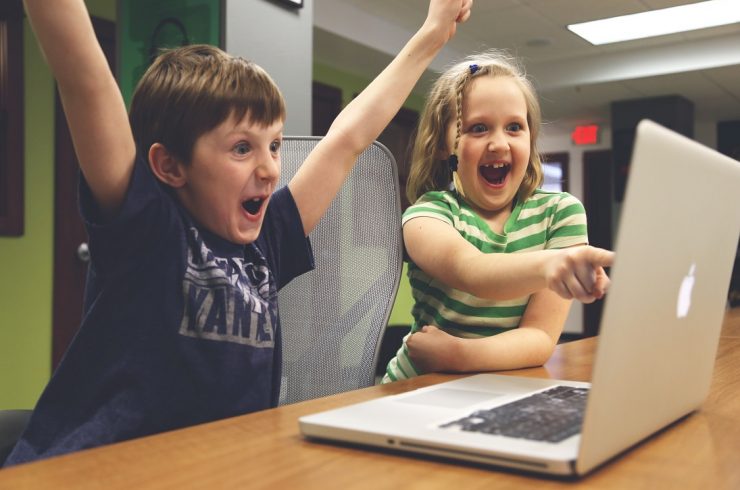

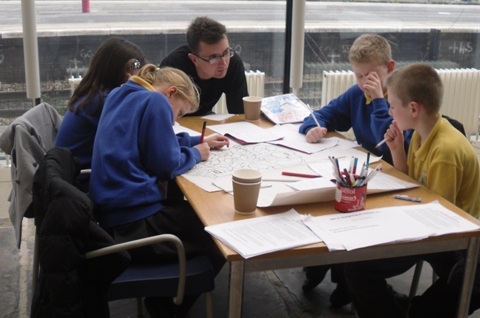
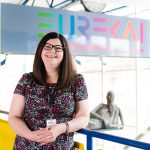 By: Liz Peniston
By: Liz Peniston